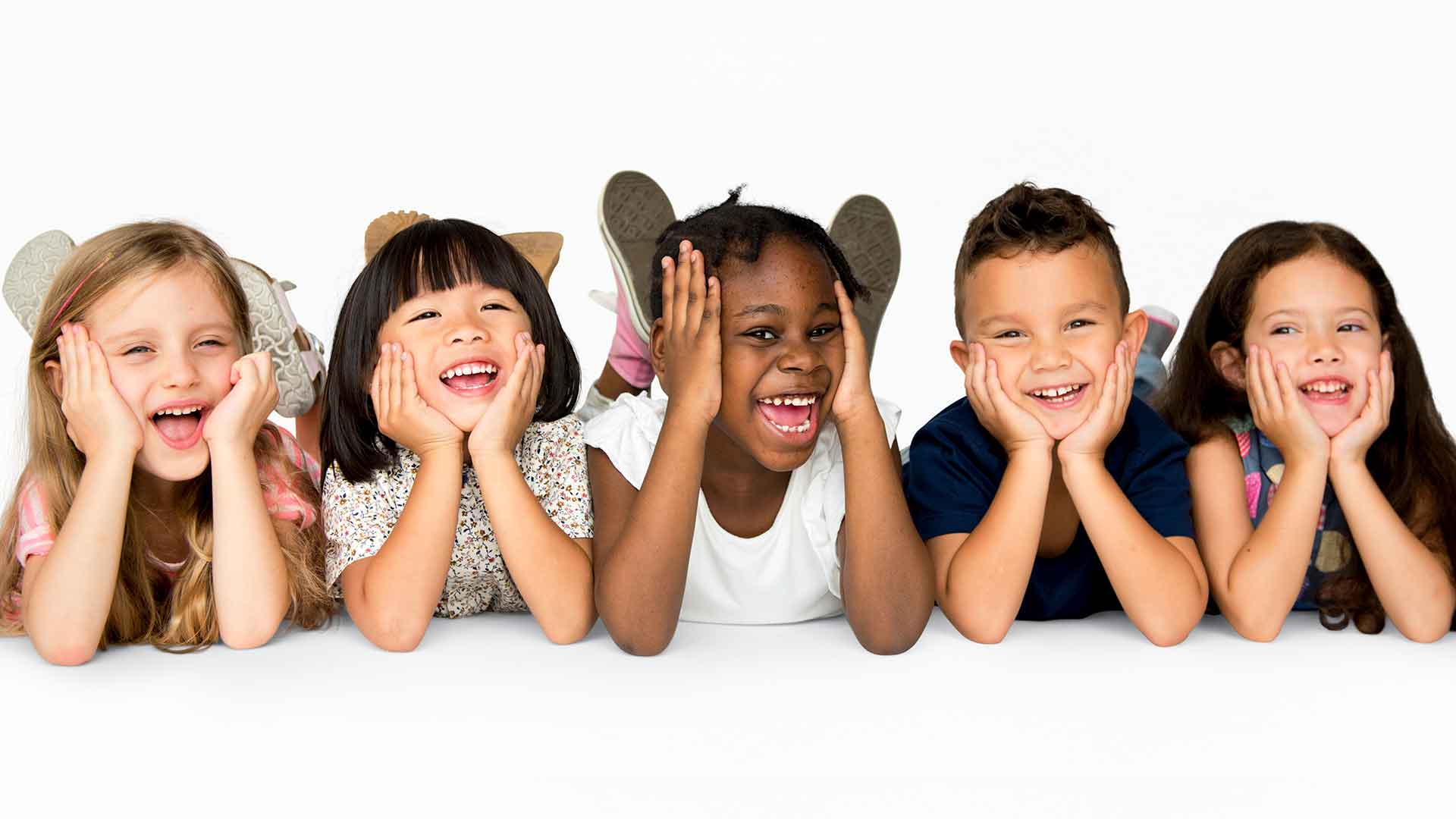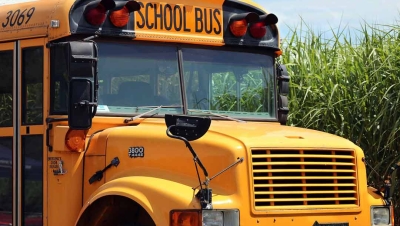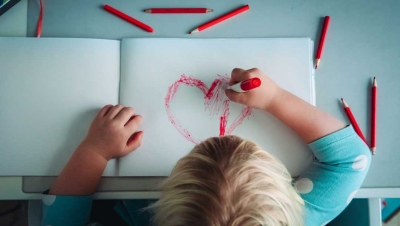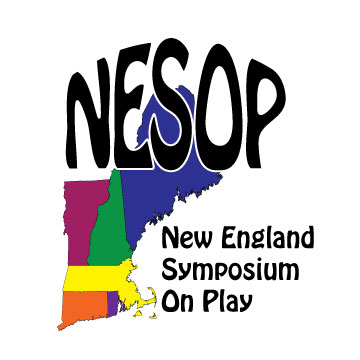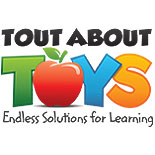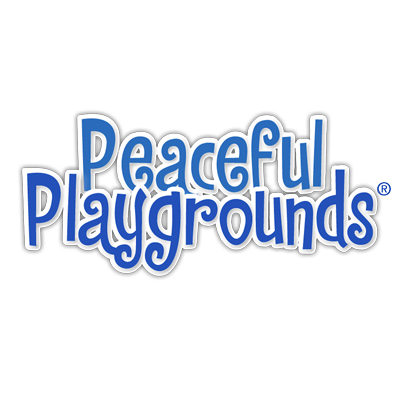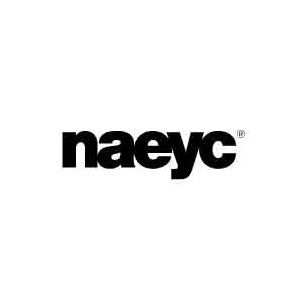What to do and what to say
Praise, compliments, and positive reinforcement: These are universal practices that generate good behavior in children. At times supervisors may find themselves combating negative behavior instead of celebrating the good. If there is a non-compliant child in the group, it may be difficult to remember to watch for good behavior and reward it.
Like adults, when children are commended for their actions, they feel recognized. When they feel recognized, they feel accepted. When they feel accepted, they feel safe. Through this cycle, children are socialized and learn what is expected of them. Below are 20 ideas meant to encourage you to be on the lookout for good behaviors in children and to celebrate them with your young charges:
What to say:
- "I'm proud of you and how you acted."
- "You're on the right track with (action or behavior)."
- "I look forward to being with you when you (action or behavior)."
- "It takes courage to (action or behavior)."
- "That was a great thing to do! You must have been practicing!"
- "Outstanding! I'm happy to be with you when you (action or behavior)."
- "Great job! You know about (action or behavior)."
- "You've really caught on to (action or behavior)."
- "You're marvelous! I counted X? (number of behaviors) you got right!"
What to do
- Do a "happy dance" when complimenting a child.
- Award a brightly colored ribbon that contains a positive slogan.
- Play a board game such as "Mind your Manners."
- Take a field trip.
- Have a picnic
- Hold class outside under a shade tree.
- Invent a cheer.
- Ring a bell as you notice good behavior occurring. Set a goal for a certain number hour or day.
- Fashion a scrapbook or bulletin board of children in your group that are being good. Allow children to take photographs of each other demonstrating the good behaviors you've noticed.
- Create an unusual special event such as a Mardi Gras parade or ice cream sundae party where each child creates their own concoction.
- Have Honor Time, where you go around the room letting peers praise each other's positive behaviors. Teach the use of sentences such as, "I like the way you (action or behavior). Or "When you (action or behavior), I felt _______.

